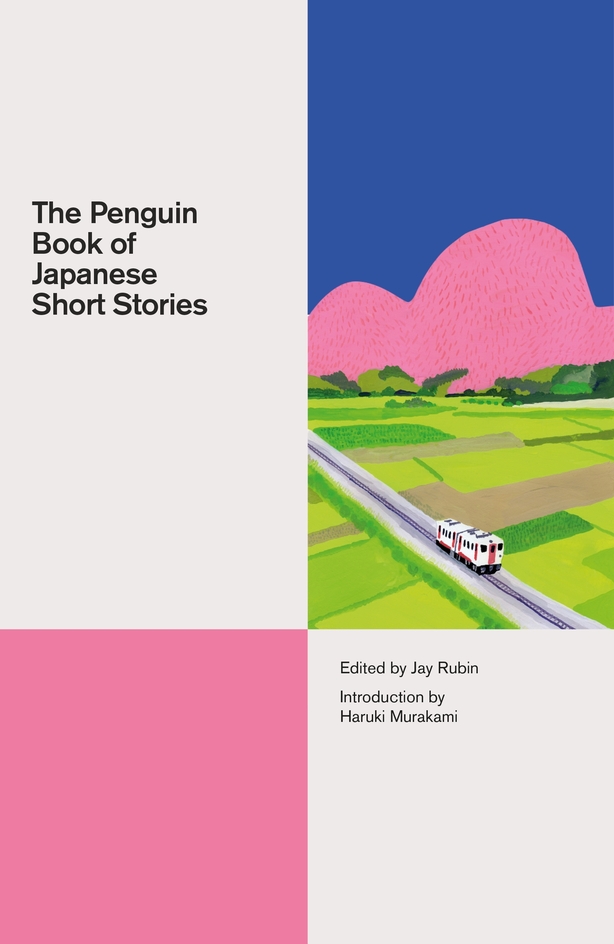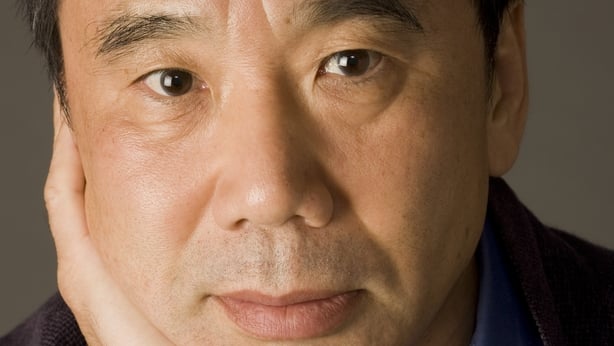The far-spreading branches of narrative diversity that is Japanese literature make this 500-page work a superb anthology, opening windows - set in many kinds of frames - on to different epochs, while affirming the lot of our common humanity.
They may do things differently there, and have less furniture in their apartments, but the protagonists of these stories feel the same flashes of joy and anticipation as all the rest of us. They know the inevitable pain of disillusionment as they too are brought down to earth by life's hard lessons. This hardly needs saying, but some readers may expect something, which by their lights, was orientally obscure, but they would be wrong to anticipate this collection with any such misgivings.
In efforts perhaps to ease the reader in, the opening section, Japan and the West, comprises three stories dealing with characters who have visited the West, or they are emulating or rejecting, or having a crisis of conscience about the Western way of living. Baudelaire and Verlaine are cited, Paris is the Mecca, that is, until you get there. Japan is somewhere to get away from, or somewhere to hanker after. As well as being an alluring domain, Europe can fail to match expectation for these hapless young men hoping for uncomplicated action, romance, fine wines, great literature.
Tanizaki Jun’ichiro’s opening tale, The Story of Tomoda and and Matsunaga is more of a novella than a short story. It deftly explores the almost Borgesian conceit of the two mysterious men of the title, who may or may not be the one person.
Ultimately the story, which dates from 1926, tells of an elusive, slithery husband in thrall to sensation, self-indulgence and the company of loose women. He wanders off every few years without any indication as to his destination, thereby causing great upset to his long-suffering wife. While the premise is an original one and compelling in its working out, the story is rather too long at 60 pages. The action in what is essentially a mystery tale could have been tightened. Or is it that our attention spans have shrunk since 1926, trained to a certain succinctness by the likes of Netflix?

The protagonist of Nagai Kafu’s Behind the Prison (1909) returns to live in Japan, where he is disorientated by the old familiar wretched poverty that he had almost forgotten. He sees such hardship borne stoically by the local matrons obliged to re-use the hot water that drains from the prison of the title. He has little time for nostalgia, such is his profound disillusionment, but he does briefly recall Paris where he was "lost in music or intoxicated by the lips of a lover, or gazing at the Seine in the evening from the shelter of spring leaves."
The second section, Loyal Warriors, features two stories of seppuku, or hara-kiri. The first of these, Mori Ogai’s The Last Testament of Okitsu Yoagoemon, is told as a samurai’s plain, unvarnished account of how, after deacdes of unwanted delay, he managed to kill himself with a sword, due to a blind sense of loyalty to his lord. The story is set in the Edo period (1600-1868) but was actually written in 1912. Yukio Mishima’s Patriotism is the second story in this death-lapped pair, first published in 1961. Nine years after this tale was published, Mishima died in an act of seppuku, intended as a patriotic gesture borne out of a sense of despair at the fate of his nation.
Although published in 1979, Flames from the pen of Tsushima Yuko (1947-2016) has a contemporary feel . It could have been written in New York or London, or set in either of those cities, although this might be rather blithely put and could imply cultural appropriation of some kind. The protagonist is a separated wife and mother, nursing her daughter’s unexplained fever at home in the claustrophobic apartment which they share.
She is distressed that when push comes to shove, her husband is pressing for divorce. Her self-esteem is clearly taking a beating, but the story has a wonderful coda where the woman feels a surge of almost universal energy at the sight of a chemical plant explosion lighting up the night sky.
There are stories that explore the fall-out from war and the atomic bombings of 1945, tales too of natural disasters including the Kobe Earthquake of 1995. There are compelling tales deriving from the nuclear meltdown and Tsunami of recent times.
Japan’s best-known writer abroad, Haruki Murakami, provides an engaging introduction to the collection, many of whose stories are also new to him - his eyes have been opened too in wonder.








